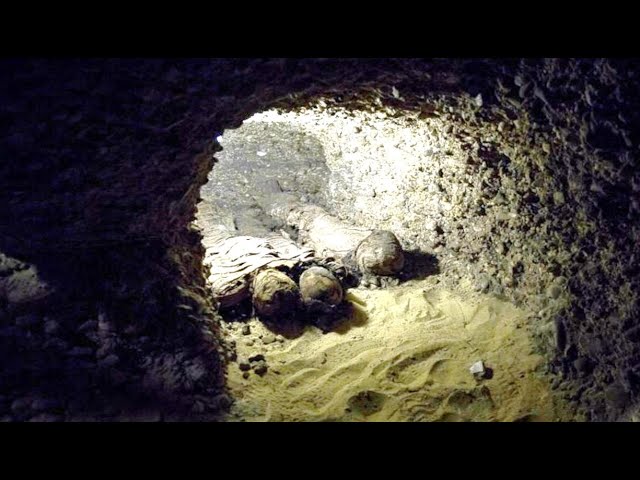Cleopatra was the finest lady of her day and one of the most recognizable people in ancient history, with unfathomable money and power.
“Cleopatra brought us to the world we have now and made significant contributions to human understanding,” “We should think about her every time we meet a professional woman, such a doctor, scientist, or philosopher.”

At the age of 18, Cleopatra became queen. She learned mathematics, economics, and nine other languages. When she was 21 years old, she was building an army in the Sinai Desert and preparing to retake the kingdom. Her cunning moves helped her forge strategic and personal connections with Caesar and Antony, which altered the course of history. She was descended from Macedonians known as the Ptolemies, not even Egyptians.
She was the legendary queen of ancient Egypt, who has been remembered for millennia as a ravishing seductress. Cleopatra is well known, yet one of history’s greatest mysteries remains unsolved: her tomb.
Some people think she was buried at Alexandria, the city completely destroyed by the 365 AD tsunami, where she was born and reigned from her regal palace. Others assert that her last burial place might be around 30 kilometers away, in the historic Taposiris Magna temple, constructed in the Nile Delta by her Ptolemaic forefathers.
Nobody seems to know the location of Egyptian queen Cleopatra’s tomb, which has led to a huge amount of mystery. However, when two high-status mummies from people who lived in Cleopatra’s reign were found at Taposiris Magna, a temple on the Nile delta, archaeologists in Egypt are probably close to solving the mystery surrounding her burial.

Two high-status mummies from the period of Cleopatra have just been discovered in Taposiris Magna; this “sensational” find highlights the significance of the necropolis that the most recent discoveries are connecting to her.
The mummies are in terrible condition of preservation given that they were left undisturbed for 2000 years while water poured into the tomb, according to the Guardian.

How did archaeologists discover the link to Cleopatra?
“Crucial evidence” contends that gold leaves were used to wrap the corpses. For the uninitiated, this luxury is only available to people who belong to the highest social classes. Archaeologists believe that these two people had a very good chance of meeting Cleopatra.
The results of an X-ray of the mummies indicate that one is male and the other is female. 200 coins with Cleopatra’s name and image have also been found at the temple altar in addition to the corpses.

Dr. Kathleen Martnez, who has been in charge of the excavations at Taposiris Magna for more than 14 years, is more certain than ever that Cleopatra’s tomb will be discovered there. The huge site has just been partially examined.
Her opening of the burial chamber containing the two mummies is captured on video for the television program. She removes the first limestone block with a chisel and hammer, then looks through a little hole and exclaims, “Oh my gosh, there are two mummies… View this marvel.
A headless figure of a pharaoh thought to be King Ptolemy IV, Cleopatra’s ancestor, and a foundation plate bearing an inscription indicating that the temple was devoted to the goddess Isis are among her earlier findings. According to Martnez, Cleopatra believed she was the “human manifestation of Isis.”

Over 2,000 years have passed since the queen “outsmarted everyone” by concealing her final resting site. Following Antony’s suicide, Cleopatra committed suicide following a military setback.
Martinez claims that Cleopatra was adamant that they would never locate her tomb, despite the victorious Romans plundering her reputation and her story.
“Cleopatra vanished from captivity even though she was a Roman prisoner at the time of her suicide. She made sure that Mark Antony’s and her remains were kept secret from the Romans and their offspring for all time.
source:theancientzen.com








